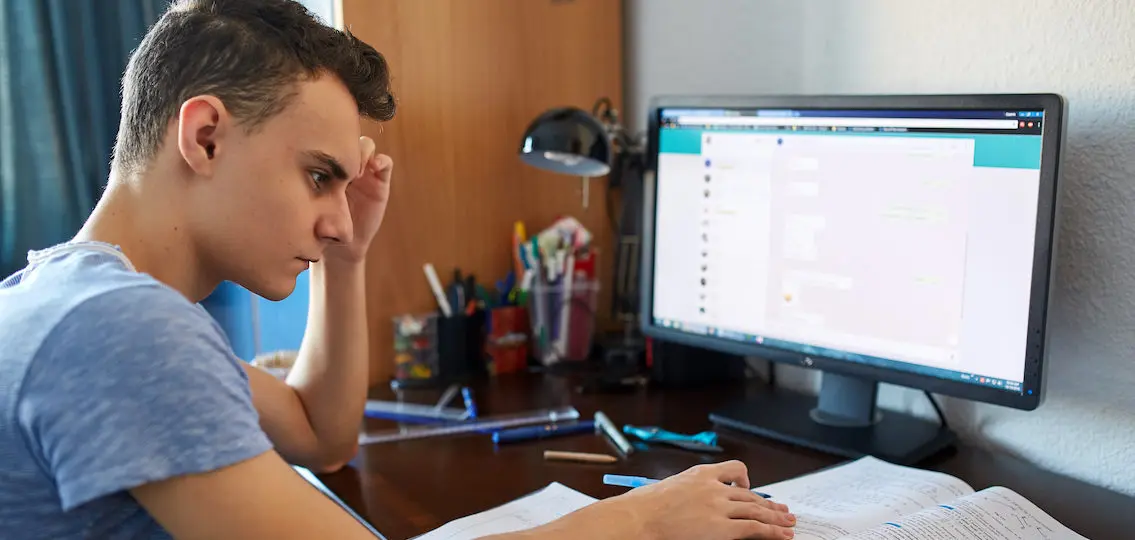The next time your teenager starts their homework, tell them to put down their smartphone and try to come up with the answers on their own. A new study, published in the journal Educational Psychology, found that students who get the answers to homework questions online may have all the right responses, but they are less likely to do well on tests on the same material.

Do Your Own Work: The Pitfalls of Googling Answers
“The problem is that two weeks later, they forget it. They are no longer going to remember the answer they just looked up,” says lead author Arnold Glass, a professor of psychology at Rutgers-New Brunswick’s School of Arts and Sciences in New Jersey. “Now they really have to start all over when they study for an exam.”
For the study, Glass looked at data from 2008 to 2018 for over 2,400 students who took a class with him. During that period, the number of students who got the answers for homework questions online grew steadily to around 50%. At the same time, as smartphone use became more prevalent, the percentage of students who had higher homework grades than test scores also went up—from 14% in 2008 to 55% in 2017. The “cost of copying” was one half to one full letter grade.
That’s because of the so-called generation effect. This well-established scientific finding tells us that we retain more information when we generate answers on our own.
“If they took the trouble to first do the homework by guessing the answers and then went back and changed all the ones that were wrong, that wouldn’t take that much longer, but that could make them remember the correct answer way, way better,” Glass said. It could make a difference in their test scores and confidence in their own abilities.

“If people don’t do as well as they expect, they never have insight into why that was,” he said. “It’s almost never because they weren’t smart enough. If they just did things a little differently, then they would do better.”




